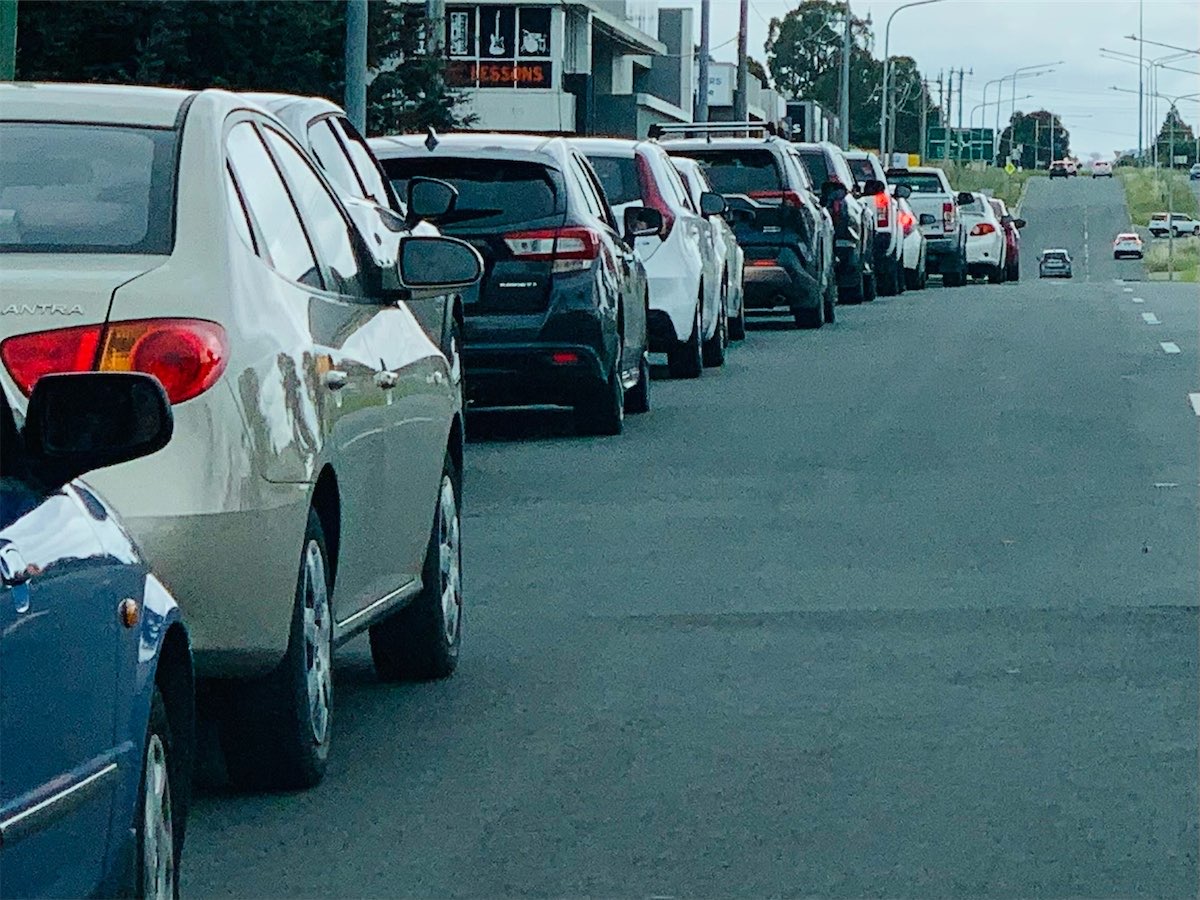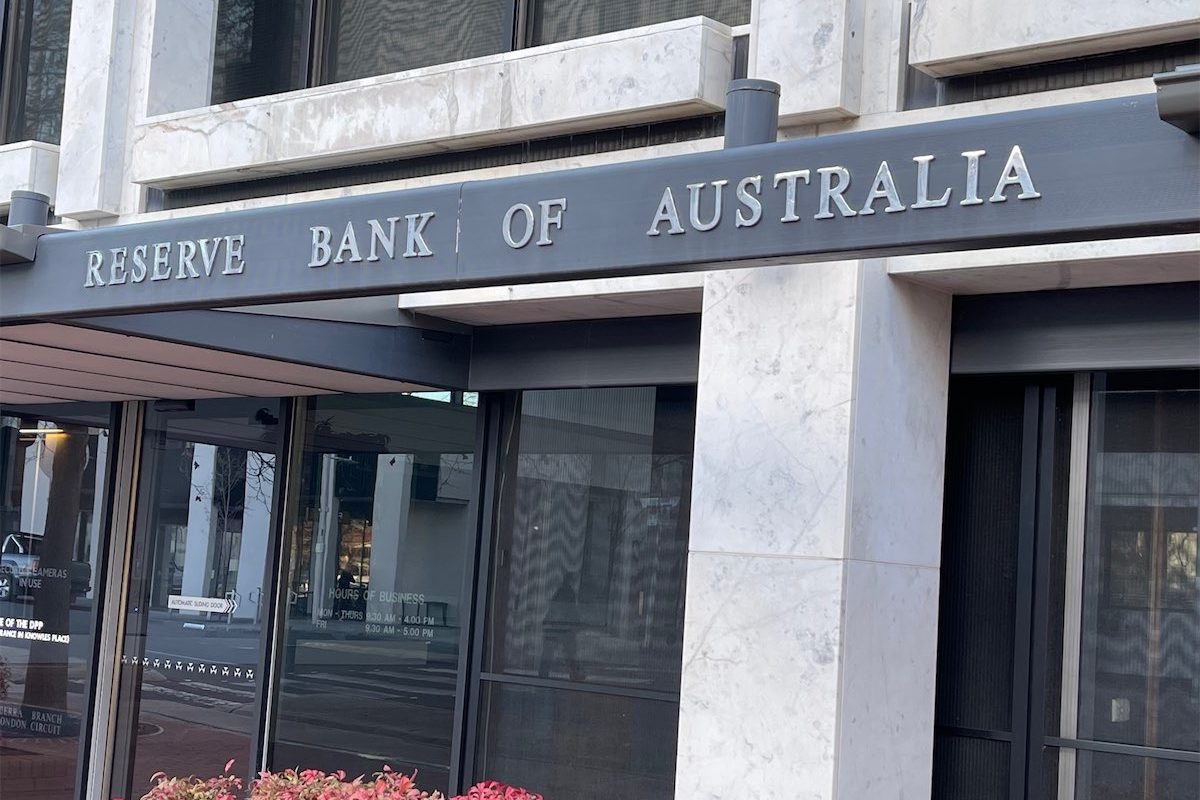
Increased transparency is needed to restore public trust following COVID-19, the health officer who led Victoria’s pandemic response says.
A report into Australia’s handling of the catastrophe found the disease exhausted the nation’s healthcare systems, public service and economy, and diminished public trust following the initial response.
It recommended setting up an independent Centre for Disease Control, which would help guide a national response to a future pandemic.
Former Victorian chief health officer Brett Sutton said extra information provided by a CDC would go a long way.
“Radical transparency is a really good approach for enabling trust across communities,” Professor Sutton told ABC Radio on Wednesday.
“We didn’t have the data interoperability and data-sharing mechanism that I think the new CDC is hoping to achieve … the CDC needs to fill that role.”
The CDC will be set up by 2026, with the federal government saying it will spend $251 million over the next four years to establish the centre in Canberra.
Prof Sutton became one of the best known public health figures during the pandemic as Melbourne underwent frequent lockdown.
He said he was concerned the decline in public trust led to other negative health impacts.
“For the vaccine hesitant, there were lots of issues that played out through the COVID pandemic that have made them even more cautious about about putting their kids forward for vaccines,” he said.
Victorian Premier Jacinta Allan bristled at a suggestion her predecessor Daniel Andrews didn’t properly explain the reasons for some controversial COVID measures, such as vaccine mandates and isolation orders.
“All Victorians remember so very well the daily dissemination of information from the former premier,” she told reporters at state parliament.
“Something like 120 … daily press conferences in a row that contained significant amounts of information.”
Treasurer Jim Chalmers said an erosion in trust among the public of governments had been evident following COVID.
“There’s a sense of alienation, even though governments did their best to make the right decisions for the right reasons,” he told ABC Radio.
“Our responsibility as leaders now in the broad is to make sure we are upfront about where governments can do better.”
Health Minister Mark Butler said the report found there was concern that while the public complied with health directions during COVID, they would be less likely to in future pandemics.
“That’s a serious concern because there is going to be another one of these. I hope it is not for a very long time but there will be another pandemic. They could even be more deadly than the COVID-19 virus was,” he told ABC TV.
“We have to rebuild that trust and central to that is the confidence that community has is that the decisions government are making balances risk and benefits of a particular decision.”
Mr Butler said the CDC would also help put in place response plans for future pandemics so Australia was more prepared.
Social Services Minister Amanda Rishworth said an impartial body such as a CDC could help restore trust for future outbreaks.
“I hope that as we build up this capability, that this transparency but also the real-time evidence, provides people with the reassurance that what we’re asking them to do is actually something they should do,” she said.
“This centre for disease control will be independent but I think importantly it will be much more responsive and transparent with the evidence.”
This includes building infrastructure to collect accurate disease information in real time and hiring a team capable of communicating it in a clear and succinct manner.
The centre is also likely to be tasked with behavioural research and influencing the choices people make when it comes to health.
Who can be trusted?
In a world of spin and confusion, there’s never been a more important time to support independent journalism in Canberra.
If you trust our work online and want to enforce the power of independent voices, I invite you to make a small contribution.
Every dollar of support is invested back into our journalism to help keep citynews.com.au strong and free.
Thank you,
Ian Meikle, editor









Leave a Reply